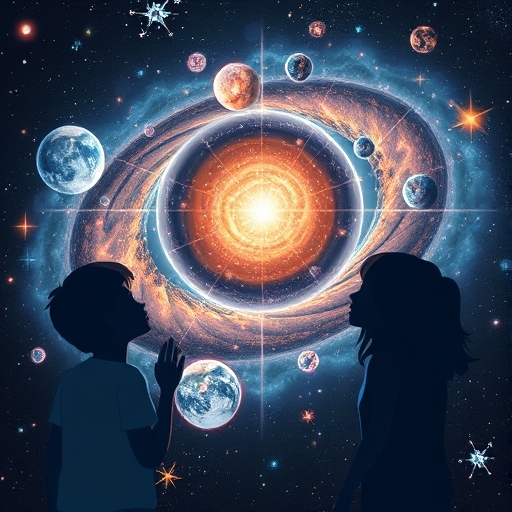Science Education
Educators, check out these Maker-center lesson plans.
Academic Coaching
Welcome to Cosmic Coaching! Your journey to success starts here. Let’s explore the universe of learning together!
Complete the intake form, submit to sjeanfeeser@gmail.com, and select a 30-minute appointment for a free consultation (available online via Google Meets or Zoom or in-person).

Teaching Experience
- Stephen F. Austin High School | Austin, Texas
January 2022 - June 2024: Biology, Advanced Biology (grade 9); Chemistry, Advanced Chemistry (grade 10)
- KIPP Austin Brave High School | Austin, Texas
July 2021 - January 2022: Honors Biology (grade 11)
Philosophy of Teaching
My teaching philosophy is focused on empowering individuals to take ownership of their learning. I believe in creating supportive environments where people can engage with challenges, learn from each other, and develop critical thinking skills. By encouraging a growth mindset, I emphasize that intelligence is not fixed, and that failure is an opportunity for growth. I strive to guide learners in applying their knowledge in meaningful ways, while fostering an environment that values social interaction, problem-solving, and continuous improvement. Ultimately, my goal is to inspire lifelong learning and personal development, equipping individuals to succeed in diverse, real-world situations.
Read more about my teaching philosophy here.